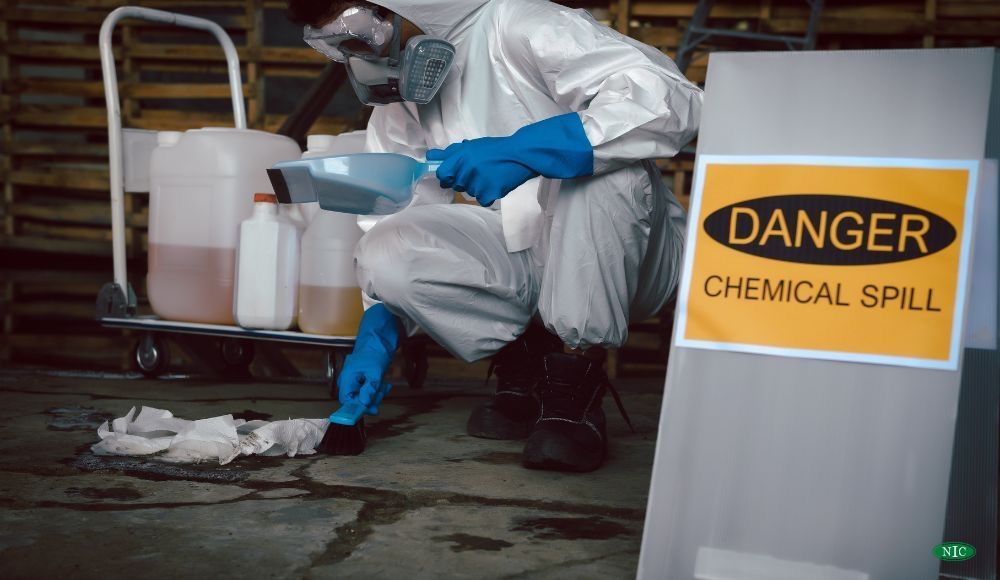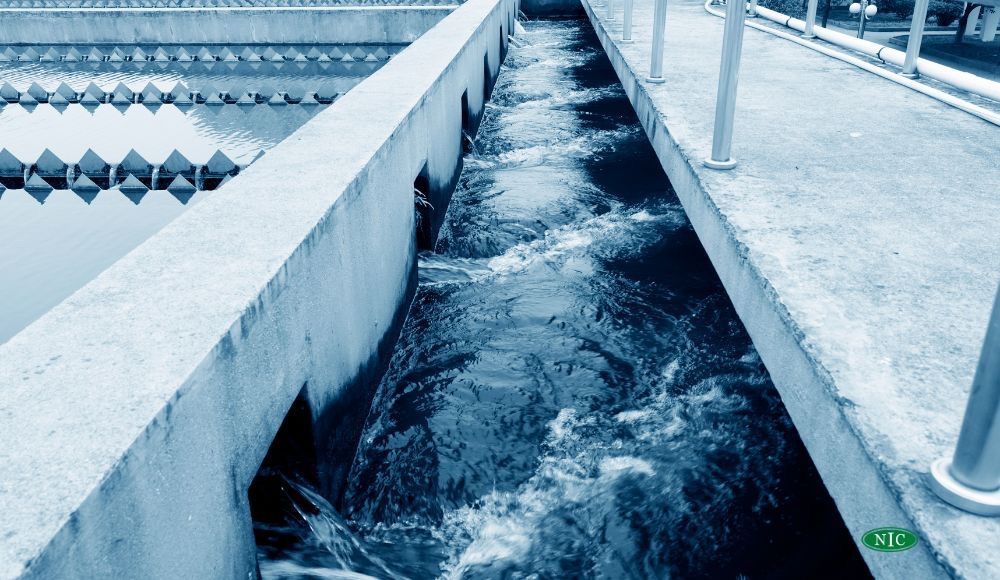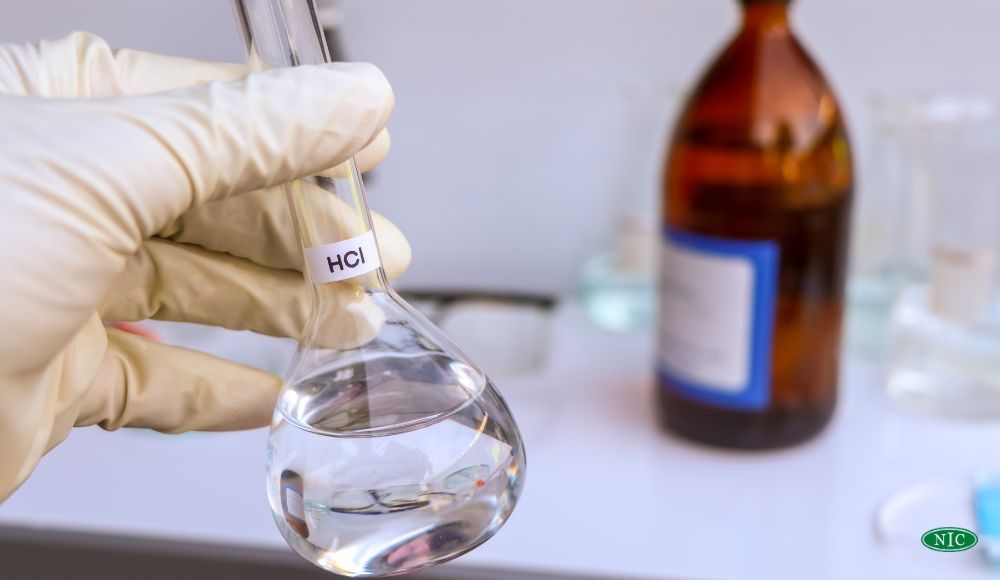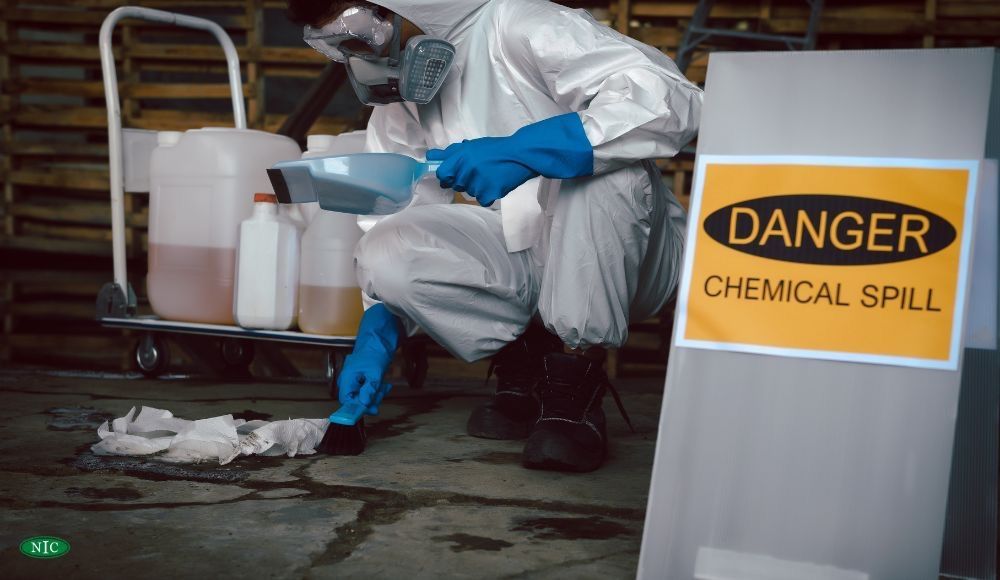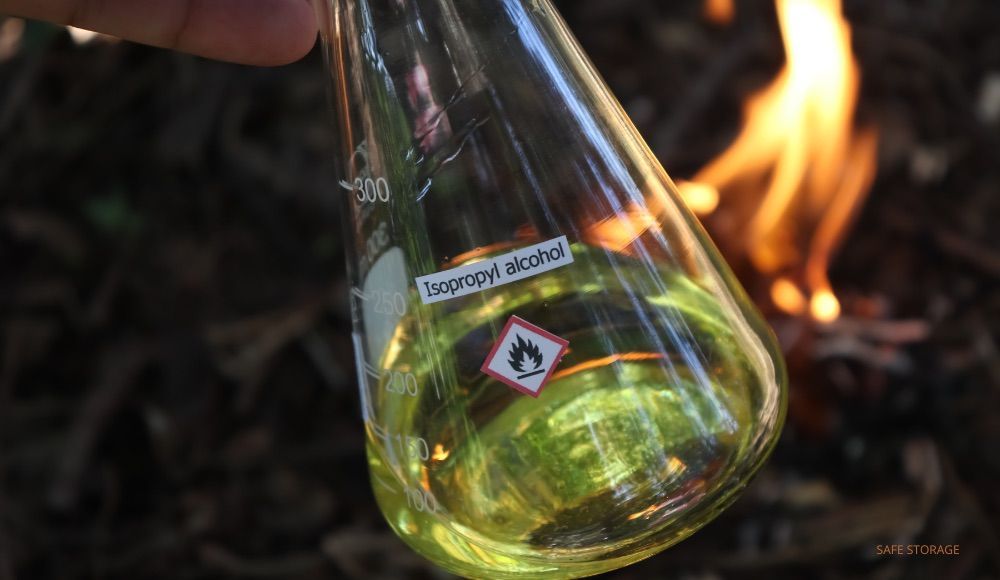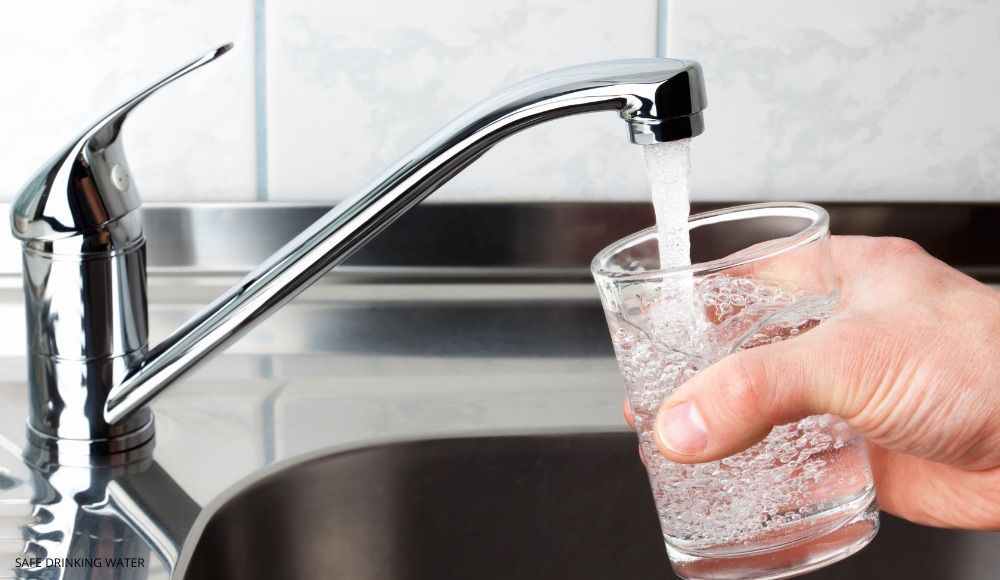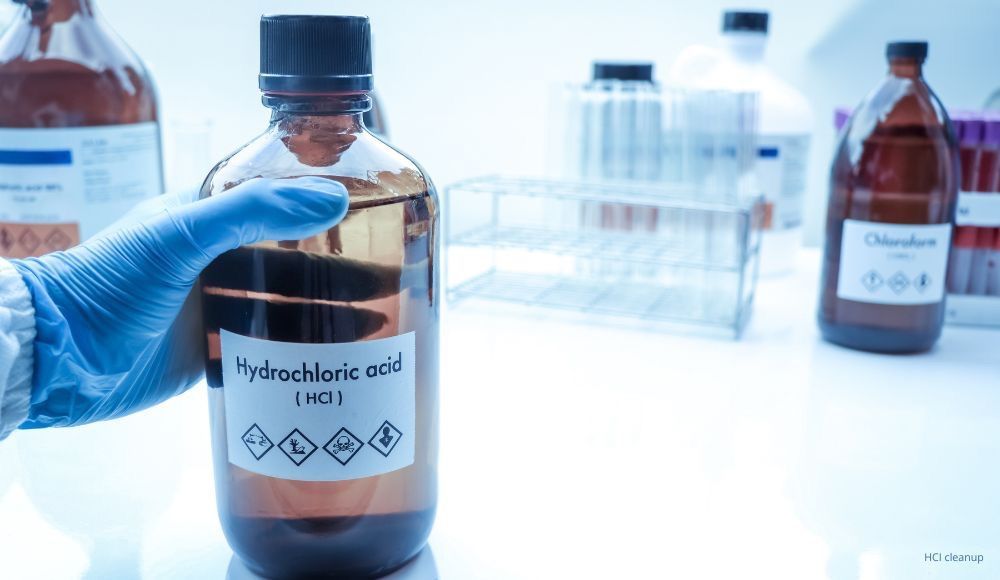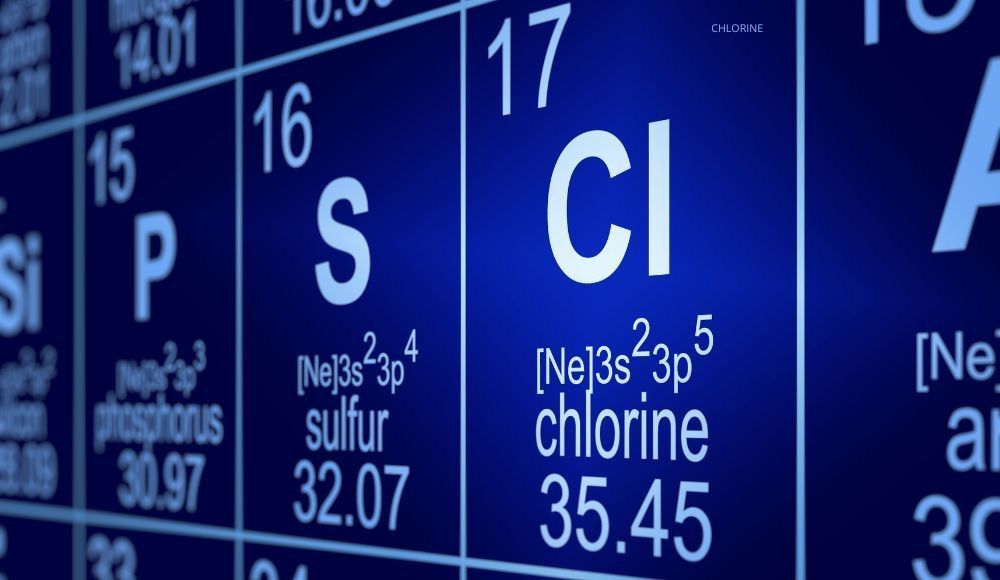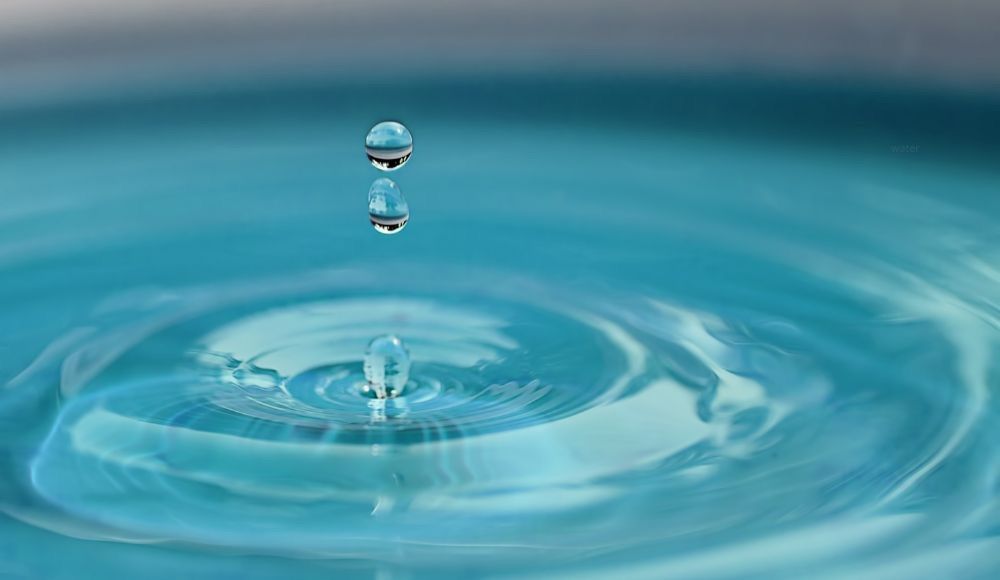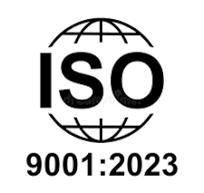Handling Small Spills of Hydrochloric Acid: Expert Tips for Safety
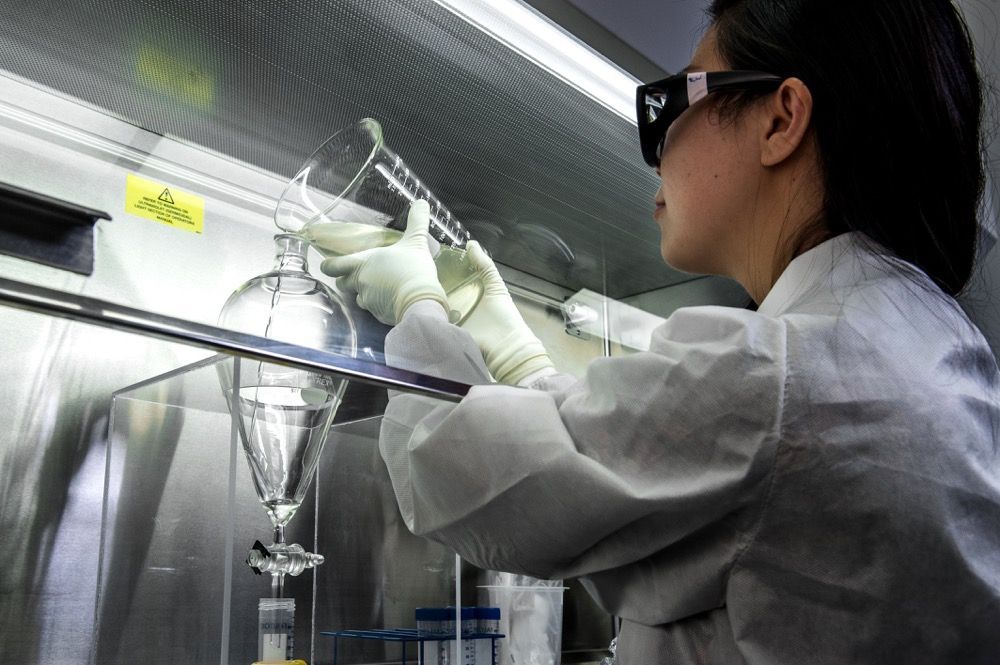
Hydrochloric acid (HCl) is found naturally in the human stomach. Even so, you still don’t want it on your floors. It can burn through multiple materials, including metals.
Here are our expert tips on what to do in the immediate aftermath of small hydrochloric spills.
Recommended protective gear for acid spills
Recommended protective gear for hydrochloric acid spills include:
- Splash goggles
- Chemical-protective gloves
- Face shield
- Apron
- A respirator (if working in a confined environment).
You may also require hazard warning signage indicating the presence of a spill to prevent injury.
Step-by-step guide to clean up HCl spills
To safely clean up a small HCl spill, follow this step-by-step guide:
- Put on your personal protective equipment (PPE). Don gloves and goggles at the least, and a respirator if working in a cramped or stuffy environment.
- Cordon off the area. Ensure nobody can inadvertently walk through or touch the spill, causing additional mess and risking injury.
- Use material to contain the spill. Sand, clay, and spill pads can be helpful when preventing HCl spills from spreading across workbenches or floors.
- Neutralize the acid. Increase HCl’s pH with
sodium hydroxide (NaOH). If unsure of the proper procedure, refer to your HCl safety data sheet (SDS).
- Remove any
absorbent material. Be careful disposing of this material so as not to bring it into contact with skin or corrodible materials.
- Dispose of contaminated PPE equipment. Finally, remove your PPE and dispose of it without touching any HCl-contaminated sections.
Proper disposal methods for HCl spill cleanup
Disposing of HCl is challenging because the compound is so acidic. The cleaning process should neutralize most of the waste, rendering it harmless. However, you should still take precautions.
If you are concerned about disposing of spilled material, mix it with plenty of NaOH. Also, add water to dilute the acid and make it less dangerous. Baking soda will also work if you don’t have any NaOH available.
First aid measures for HCl exposure
If your skin or any other external body part comes into contact with HCl, rinse with clean water for fifteen minutes. Water will dilute the acid, raising its pH.
If you ingest HCl, immediately drink water or milk. These fluids will neutralize any acid that could irritate your mouth, tongue, or esophagus before traveling to the stomach.
Preventing hydrochloric acid spills in the first place
Prevention is worth a pound of cure, particularly for HCl spills. To reduce the risk of hazards:
● Store acids in secure, hazard-class containers
● Ensure your shelves and other storage structures are sturdy and impact-resistant
● Do not expose storage materials to environmental factors that could cause harm, including UV
● Train colleagues in proper HCl handling
● Properly label hazardous chemical containers
Trust NIC for All Your Industrial Chemical Needs
Contact our friendly and knowledgeable team if you need industrial chemicals such as hydrochloric acid, or a host of other chemicals. We look forward to serving you!
